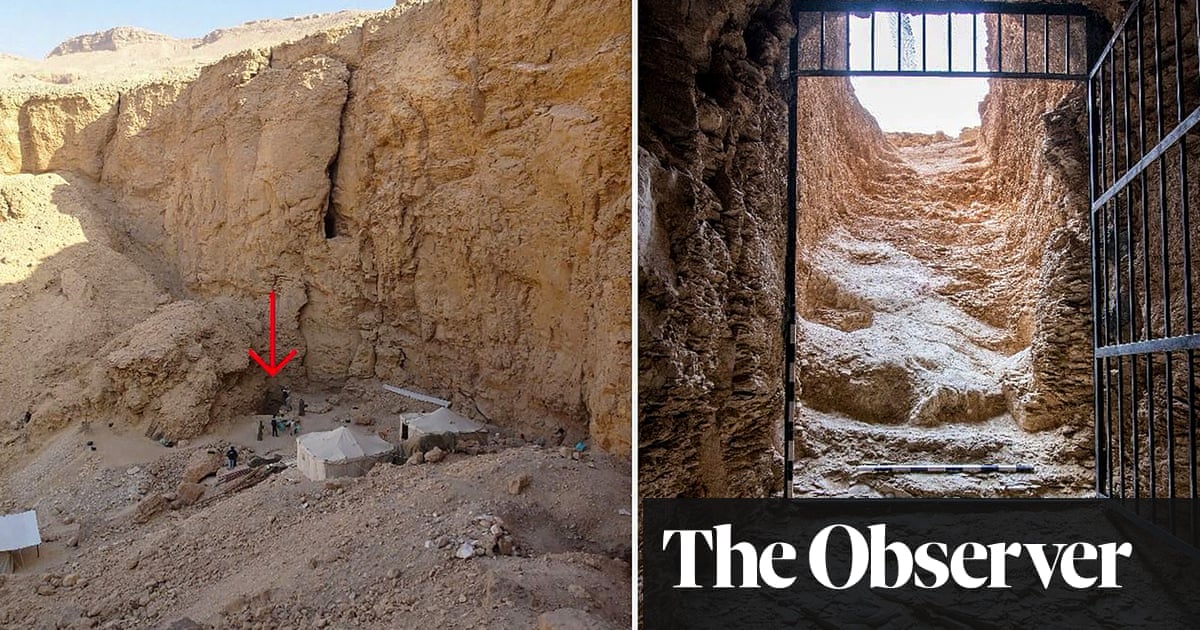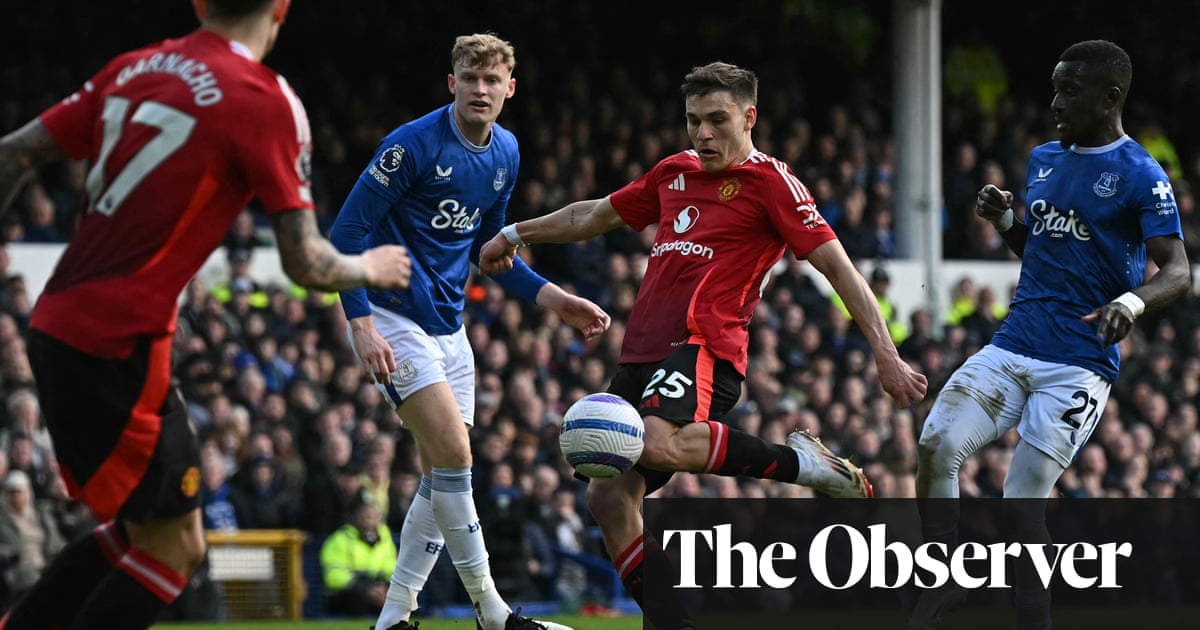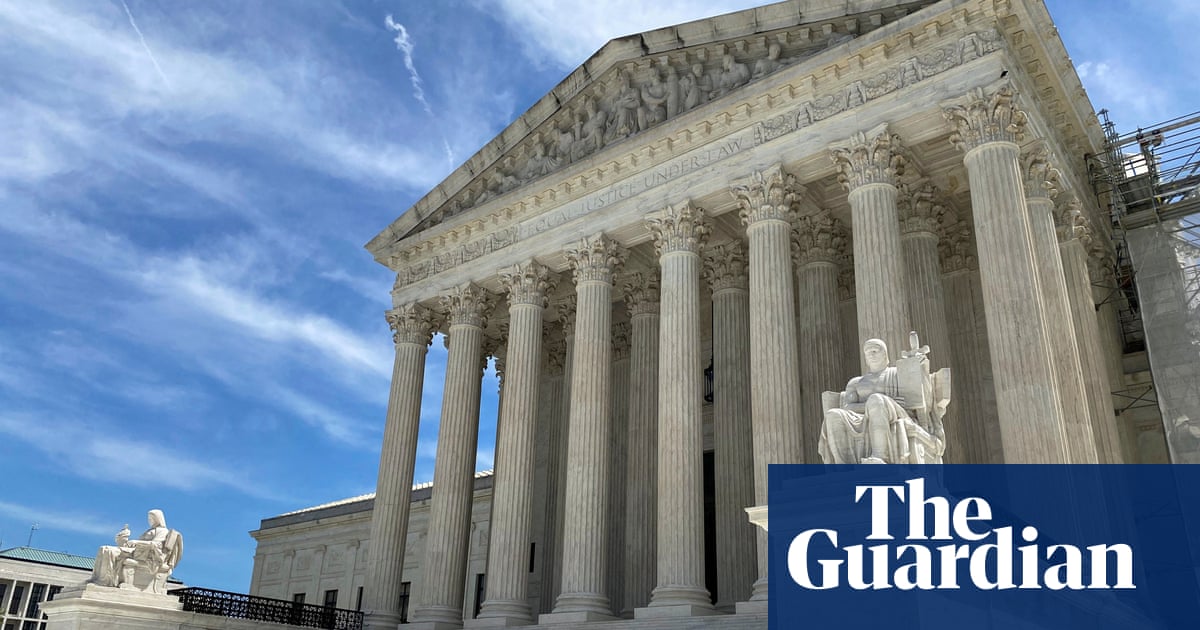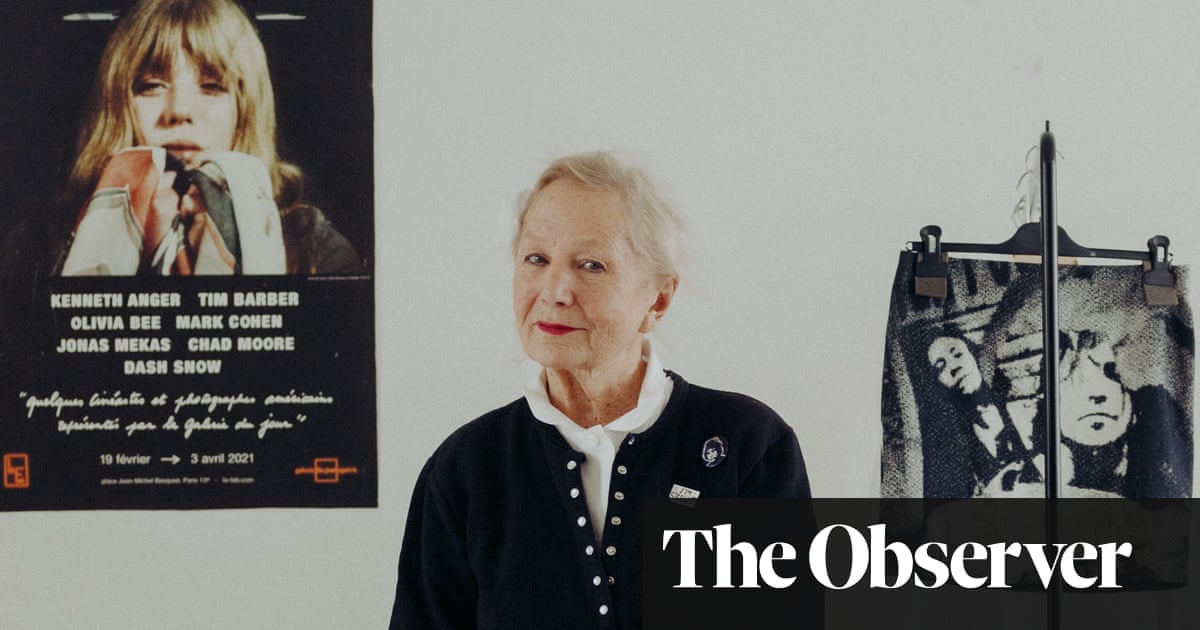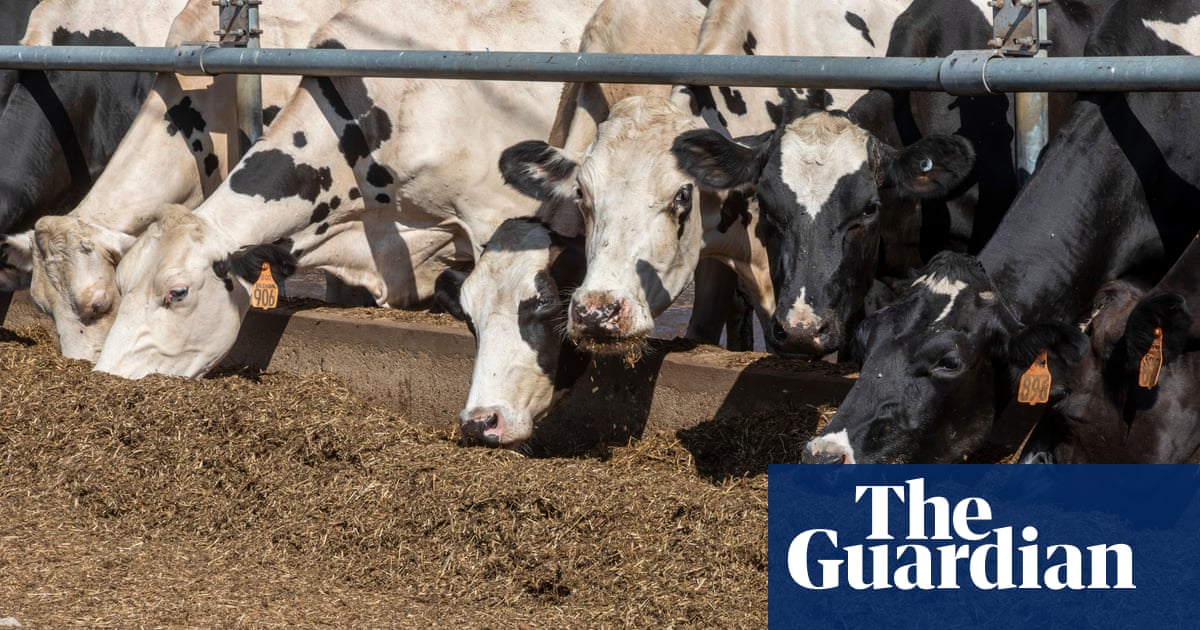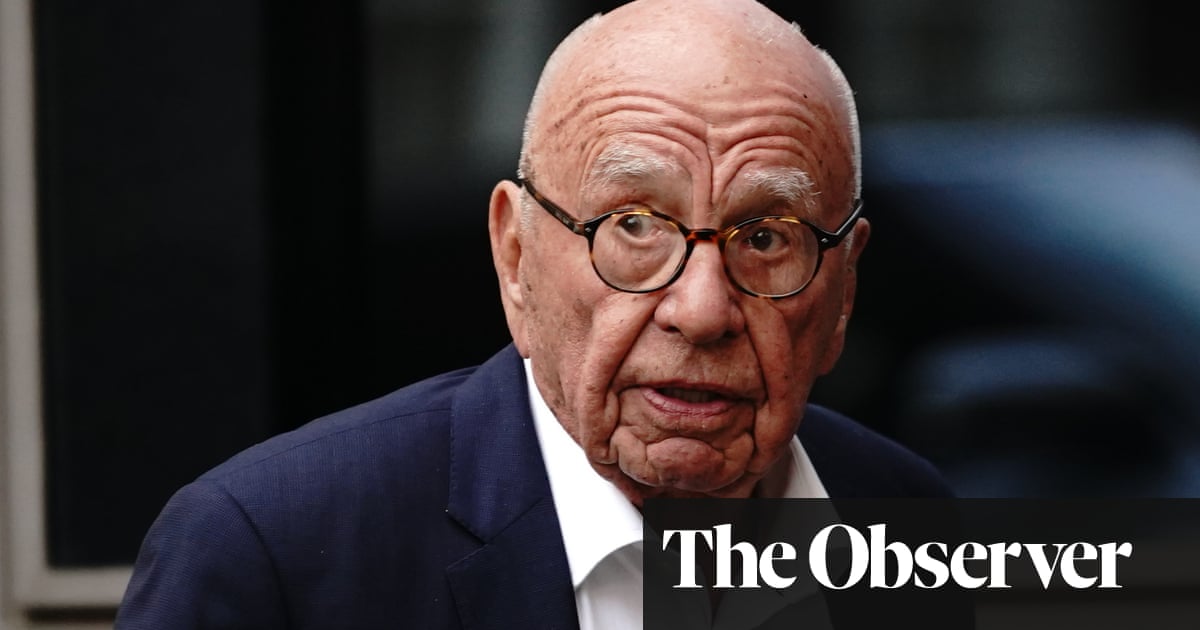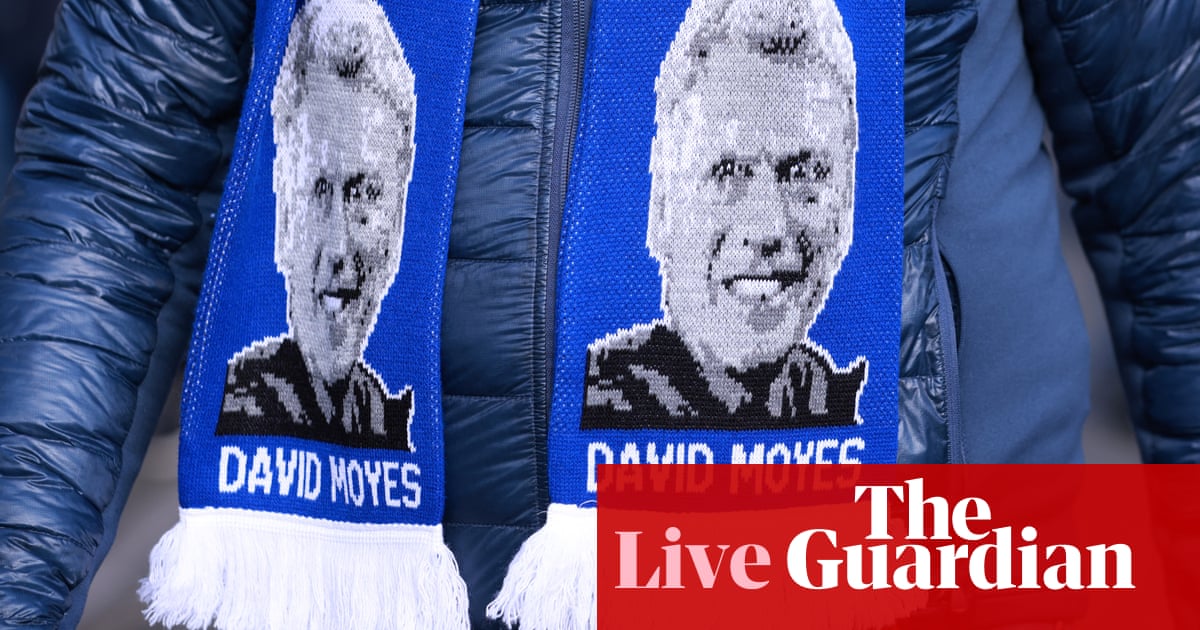Defending Beijing’s draconian crackdown on political freedoms in Hong Kong, following the extraordinary protest movement in 2019, the territory’s former leader, Carrie Lim, would claim that there was no “one-size-fits-all” approach to doing democracy. Such rhetoric was, of course, only ever disingenuous sophistry. The conclusion of Hong Kong’s largest-ever national security trial on Tuesday confirmed the grisly trajectory of recent years under Ms Lim’s successor, John Lee: a consolidation of nakedly authoritarian rule has led to the suppression of a once vibrant and politically diverse civil society.
In all, 45 pro-democracy activists were jailed under Hong Kong’s punitive national security law (NSL), imposed by Beijing in 2020. Charged the same year with conspiracy to commit subversion against the state, their “crime” had been, in fact, to pursue a peaceful route to goals including democratic elections for the city’s leader and police accountability.
Through an unofficial primary process – designed to create a shortlist of the strongest pro-democratic candidates ahead of legislative elections – activists had hoped to improve their chances of blocking bills in the legislative council. Authorities said they were planning to paralyse government business and used this as a pretext for wiping out the pro-democracy movement once and for all, removing its leading figures from the scene and intimidating sympathisers into silence.
Those sentenced on Tuesday had already been consigned to more than three years of limbo in detention. They comprise figures from across civic life, including social workers and academics, as well as activists such as Joshua Wong. Defendants such as Claudia Mo, a former lawmaker who was handed a four-year sentence, were high-profile figures in mainstream public life. The law professor and well‑known activist Benny Tai, cast by prosecutors as the mastermind behind the alleged conspiracy, was given a 10-year term, the harshest judgment to be delivered following the introduction of the NSL.
As a show trial intended to decapitate a movement and intimidate a population reaches its conclusion, it is painful to recall the different future Hong Kong was promised. The criminalisation of legitimate political activity completes the erasure of civil freedoms ostensibly guaranteed for half a century under the “one country, two systems” formula, which accompanied the territory’s 1997 return to Chinese rule. While the mainland has experienced years of growing repression under Xi Jinping, China’s leader, Hong Kong has seen existing rights and freedoms ripped away at astonishing speed. The jailing of five speech therapists in 2022, for publishing “seditious” children’s books, was indicative of the lengths to which authorities now go to quash dissent beyond the political sphere.
As co-signatory of the treaty that supposedly preserved Hong Kong’s relative autonomy until 2047, Britain has a special responsibility to do what it can to focus global attention on a dire situation. In his meeting on Monday with Mr Xi at the G20 in Rio, Sir Keir Starmer rightly raised the case of the businessman and pro-democracy campaigner Jimmy Lai, who has been detained in solitary confinement for almost four years.
As the NSL and other laws are used as a legislative hammer to crush the spirit and independence of Hong Kong’s civil society, many more cases demand attention and condemnation amid the rubble of the hopes of 2019.

 3 months ago
50
3 months ago
50


